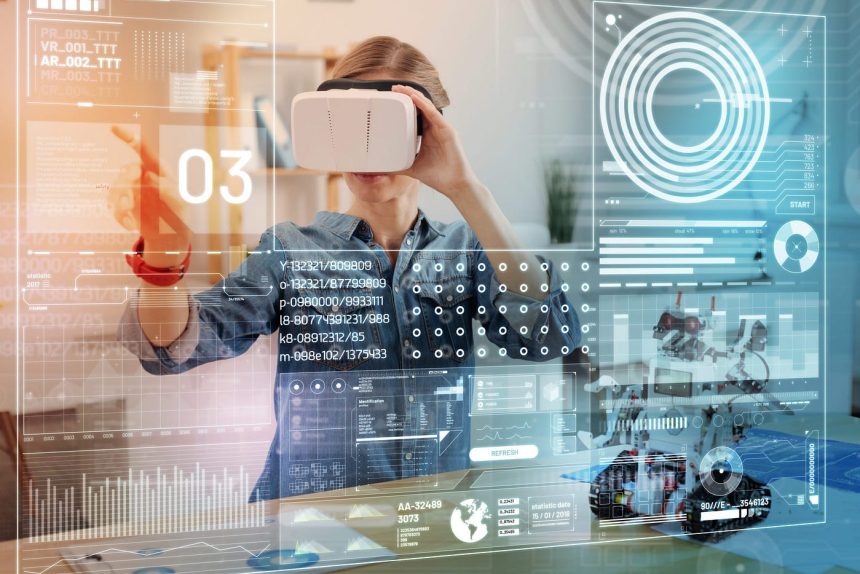How It Will Impact Our Lives and Our Businesses:
Artificial intelligence (AI) has been a technological buzzword for a while now, but we have only seen a small portion of its potential. AI will have a significant influence on our lives and companies as it develops and grows. AI will transform how we work, live, and communicate with one another via technologies like self-driving vehicles and virtual assistants. We will talk about the present status of AI, its prospective effects, and what it implies for both companies and people in this post.
AI in its current state:
Recent years have seen tremendous advancements in AI. Systems using artificial intelligence (AI) have been used to diagnose medical ailments, detect and stop fraud in financial transactions, and even play games like chess and go. Personal assistants like Siri, Alexa, and Google Assistant are some of the best-known instances of AI. To comprehend and react to user queries, these virtual assistants employ machine learning and natural language processing (NLP) techniques.
AI is being utilized in the corporate sector to automate manual activities, analyze data, and enhance customer service. For instance, chatbots may be used to respond to consumer questions and provide service around-the-clock. Salesforce Einstein and IBM Watson are two examples of AI-powered technologies that are being used to analyze customer data and generate insights that can be utilized to enhance customer experience and boost revenue.
Artificial intelligence (AI) has the potential to influence almost every area of our life as it continues to develop. AI-powered technologies in the healthcare industry might assist in more accurate and efficient illness diagnosis, which would improve treatment results. Self-driving vehicles might improve accessibility and efficiency of transportation while lowering the number of accidents on the road. AI-driven solutions in education might tailor instruction and increase accessibility for students with various learning preferences.
AI can automate operations that are now carried out by people in the corporate sector, hence lowering the demand for manual labor and raising productivity. Large volumes of data may be instantly analyzed by AI-powered systems, yielding insights that can be utilized to enhance corporate operations and decision-making. AI may also be utilized to develop novel goods and services that were previously impractical.
Problems and worries:
Although AI has the potential to provide a lot of advantages, it also comes with several problems and worries. The effect of AI on employment is one of the main worries. AI systems may be able to automate jobs that are now done by people as they develop. In certain sectors, especially those that entail repetitive work, this might result in job losses.
The possibility of biased or unjust decision-making by AI systems is another issue. AI systems can only learn from data that is as excellent as it is, thus if the data is biased, the system will also be prejudiced. For instance, if an AI-powered recruiting tool is educated on data that is prejudiced towards women or minorities, it may be biased in its hiring decisions.
With AI, privacy is also a problem. AI-powered systems will amass more information on us and our habits as they proliferate. For sinister goals like targeted advertising or even monitoring, this data may be exploited.
What It Means for People and Businesses:
Businesses and people will need to adjust as AI spreads to gain from its advantages while minimizing its threats. Companies will be more productive, efficient, and competitive if they can properly incorporate AI into their operations. Companies will be able to provide their clients with superior customer service and develop previously unimaginable new goods and services.
Also, people will need to adjust. In a future where AI is common, they may need to pick up new skills or perhaps change occupations to stay competitive. Also, they will need to exercise caution in maintaining their privacy and being aware of how their data is being utilized.
About Author: The content is written by Rauf. He has 4 years of experience in writing Scientific Articles .














